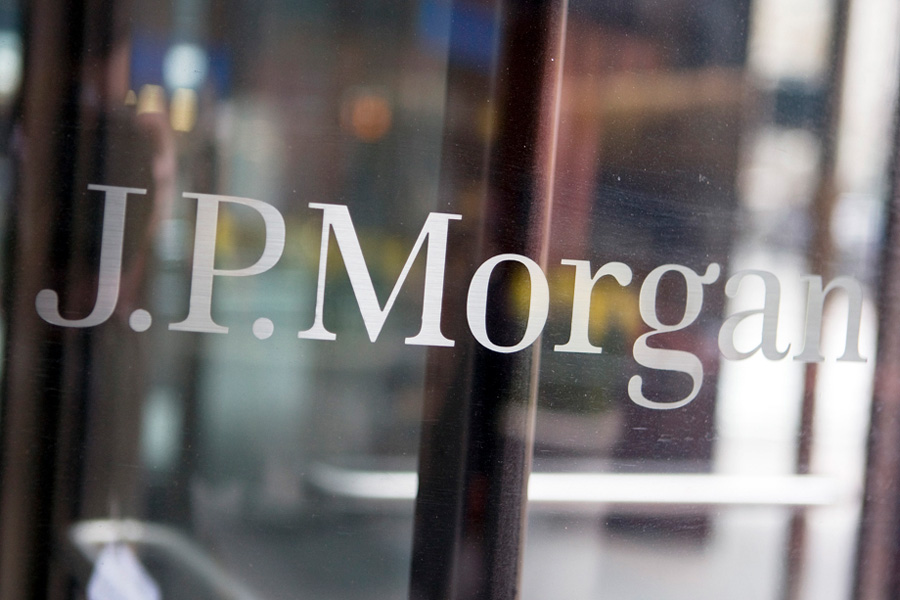

Further beefing up its wealth management business, J.P. Morgan at the start of the month made public its plans for a new group of financial advisers whom clients can work with remotely via video, chat or other electronic channels.
The new registered investment adviser unit, J.P. Morgan Personal Advisors, operates under the roof of J.P. Morgan Wealth Management and will launch broadly next year. It's not yet clear how many financial advisers will be working at the new remote business, but the company had said in March it planned to hire more than 100 advisers in the Phoenix area by next year.
J.P. Morgan's remote financial adviser business is opening in an era when clients and advisers have adjusted to remote meetings as a result of the Covid-19 pandemic.
According to the Form ADV filed with the Securities and Exchange Commission on Nov. 1, clients need to have a minimum of $25,000 to invest and an account minimum of $10,000. The investments include multiasset portfolios that use mutual funds and exchange-traded funds based on a client’s investment profile.
The company hasn't yet announced its fees for the new program, which is in its pilot stage. J.P. Morgan had hired Boaz Lahovitsky from Vanguard in 2020 to oversee the new program.
A spokesperson noted that J.P. Morgan Wealth Management’s platform included full service, with advisers in offices and branches, online investing, J.P. Morgan Self-Directed Investing and J.P. Morgan Automated Investing, and now remote advice with J.P. Morgan Personal Advisors.
Industry publication Financial Advisor IQ reported the launch of J.P. Morgan Personal Advisors earlier this month.

Integrated Partners is adding a mother-son tandem to its network in Missouri as Kestra onboards a father-son advisor duo from UBS.

Futures indicate stocks will build on Tuesday's rally.

Cost of living still tops concerns about negative impacts on personal finances

Financial advisors remain vital allies even as DIY investing grows

A trade deal would mean significant cut in tariffs but 'it wont be zero'.
RIAs face rising regulatory pressure in 2025. Forward-looking firms are responding with embedded technology, not more paperwork.
As inheritances are set to reshape client portfolios and next-gen heirs demand digital-first experiences, firms are retooling their wealth tech stacks and succession models in real time.
